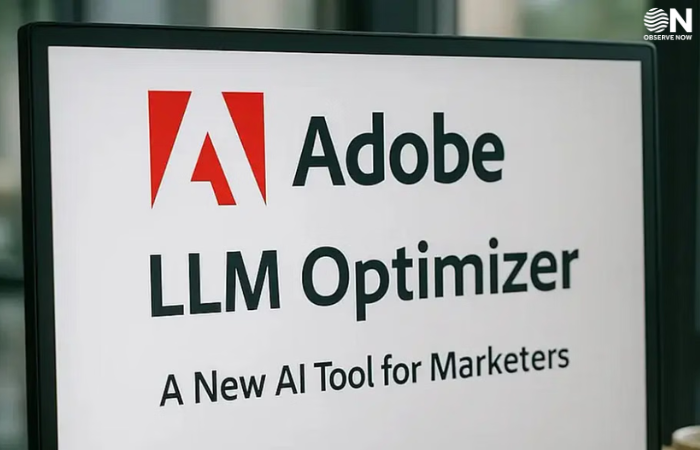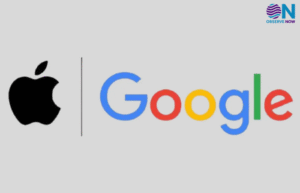Adobe Unveils LLM Optimizer to Elevate Brand Visibility in the Age of AI Search

Adobe has launched the LLM Optimizer, a new enterprise application designed to help brands secure their presence in generative AI-driven search and conversational platforms. Unveiled at the Cannes Lions festival on June 16, the solution addresses the growing trend of consumers beginning their online journeys with AI assistants like ChatGPT, Gemini, and Claude rather than traditional search engines.
As generative AI continues to infiltrate daily online interactions, the way content is discovered has shifted. AI models no longer simply index content—they summarize, interpret, and represent brand information in a conversational format. According to Adobe Analytics, traffic from AI-generated search results to U.S. retail and travel websites surged approximately 3,500% and 3,200%, respectively, between July 2024 and May 2025. With these platforms serving as the new gateway to information, brands risk being overlooked if their content is not optimized for AI evaluation.
The LLM Optimizer equips businesses with tools to monitor how their content is being surfaced—and where it’s not—in AI platforms. Through integration with Adobe Experience Manager Sites or as a standalone application, users gain real-time visibility into “agentic” traffic: the AI-driven retrievals, citations in summaries, and content requests processed by LLM systems. This enables marketers to know which web pages or assets are being accessed—or ignored—by AI systems.
Benchmarking tools within the platform allow organizations to measure their brand’s visibility against competitors across high-value search themes and product categories. The system highlights underperforming content and offers prescriptive improvements tailored to AI models’ indexing preferences—such as structured FAQs, enhanced metadata, and clearer contextual signals.
Once gaps are identified, LLM Optimizer enables one-click deployment of optimizations. By integrating with digital asset management workflows, the tool allows marketing and content teams to implement technical or strategic content changes quickly, without complex engineering processes. This seamless deployment bridges the traditional divide between content strategy and technical execution.
The platform also includes an attribution feature, linking visibility in AI-generated search experiences to real metrics—like site visits, user engagement, conversions, and revenue. Reports tie AI visibility back to business outcomes, enabling teams to validate their strategies and justify further investment.
Adobe positions the LLM Optimizer as pivotal to a rising discipline it terms Generative Engine Optimization (GEO)—the natural successor to SEO in an AI-first world. Senior product leaders note that while SEO once focused on keywords and backlinks, GEO requires a deeper understanding of how AI models parse content and attribute authority.
Built for enterprise readiness, the tool supports scalable governance, approval workflows, and agent-to-agent integration protocols—aligning with Adobe’s broader strategy for AI-powered marketing. It enables enterprises to reliably manage brand representation across a proliferating universe of AI interfaces.
The introduction of Adobe’s LLM Optimizer comes as brands grapple with declining organic traffic and increasingly complex digital ecosystems. Gartner forecasts AI adoption could cause a 50% drop in traditional search traffic by 2028 . Adobe’s tool offers a solution by shifting focus from passive content publication to proactive AI-aware optimization.
By giving marketing teams insight, recommendations, and deployment tools, Adobe aims to help brands maintain relevance and control over their narratives in the conversational web. As AI assistants grow central to customer decision-making, LLM Optimizer may become essential for brands determined to be heard—and cited—in the moments that matter.
















